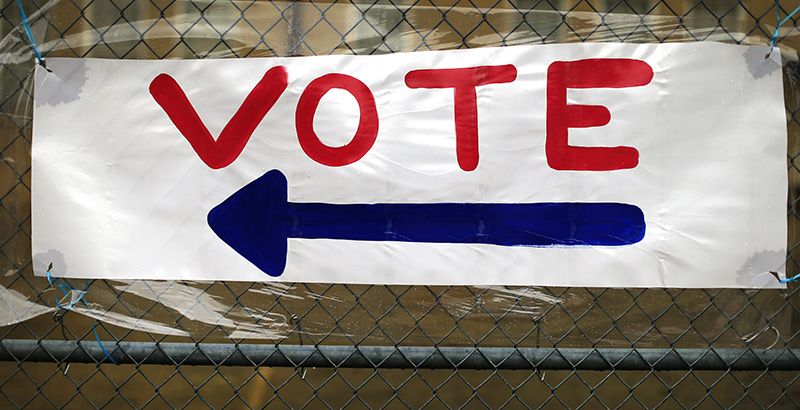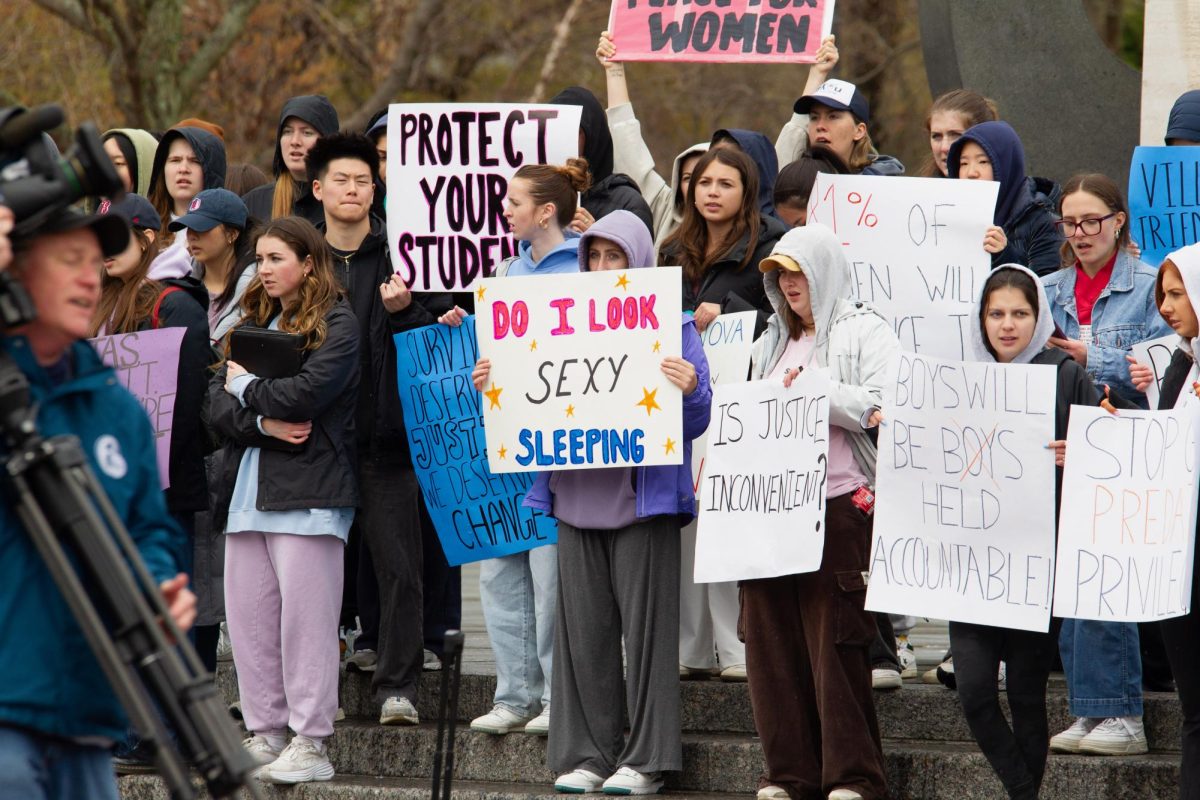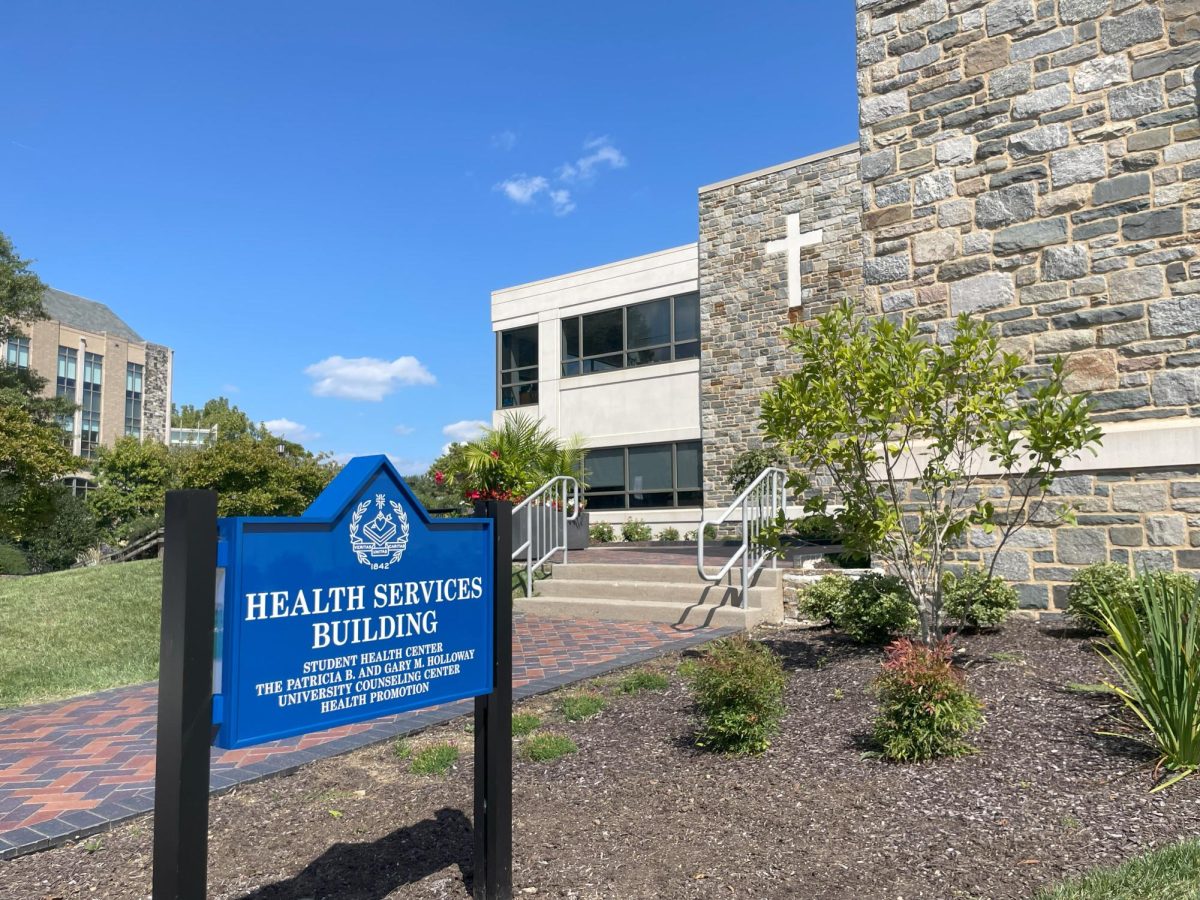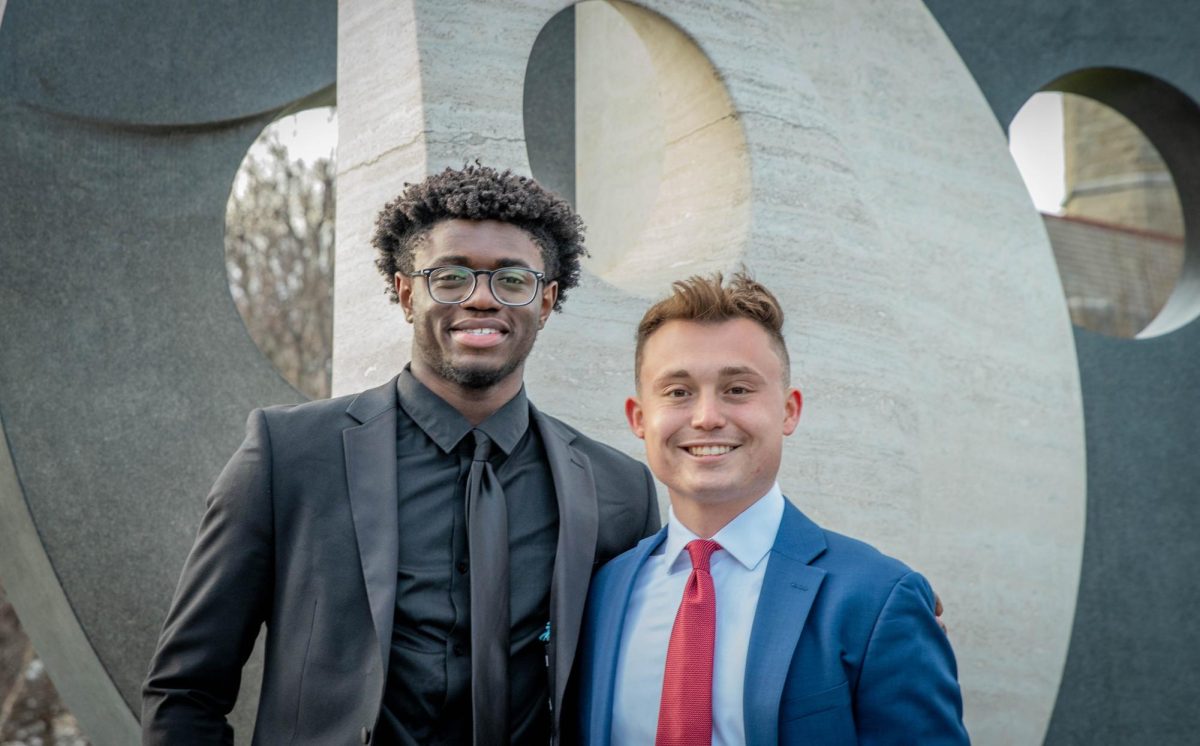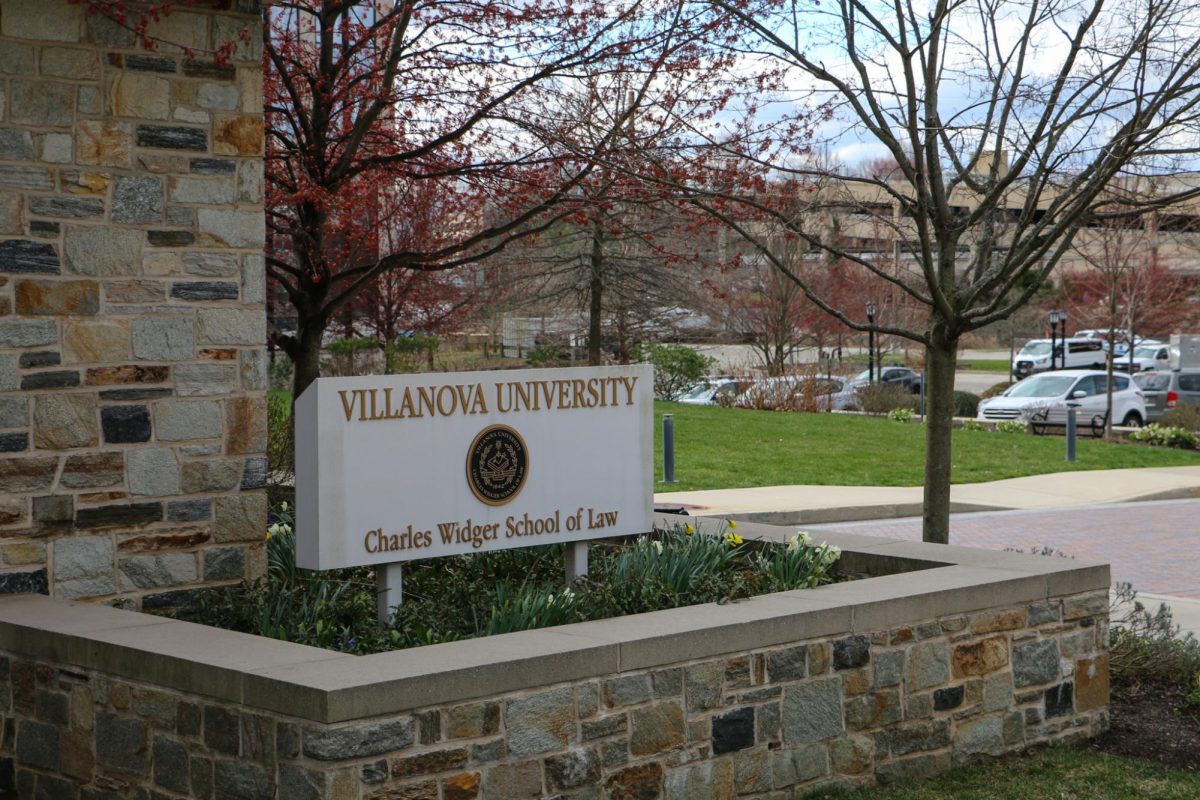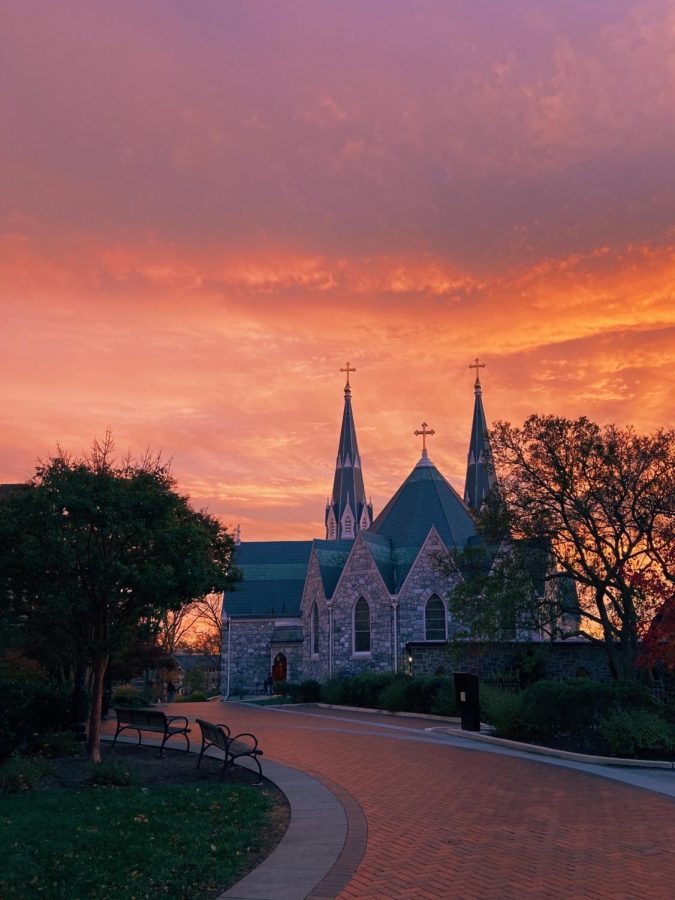On Tuesday, March 19, former President Donald Trump asked the Supreme Court of the United States to grant him absolute immunity from his criminal charges related to his attempts to overturn the 2020 presidential election, The New York Times reported.
This request was submitted through the legal brief Trump’s team provided the highest court in preparation for when the case is scheduled to be argued on April 25. The brief asserted that such an ask is protected by the presidential immunity guaranteed in the country’s Constitution. The brief states that, “The question of a former president’s criminal immunity presents grave constitutional questions that strike at the heart of the separation of power.”
The brief and its contents will have important consequences on the course of the trial. Despite the Supreme Court’s expedited schedule for the proceeding of this critical case, the timelines of the case and the upcoming presidential election will overlap and undoubtedly have monumental impacts on each other. For example, if the Supremes do not reach a decision until late June and decide to send the case back down to a lower court, it is possible that the subsequent trial may not take place until after the election in November. At that point, if Trump were to win the election, he would have the authority to tell the Department of Justice to drop the charges against him altogether.
Jack Smith, special counsel for the Department of Justice prosecuting Trump, wrote in his own brief that granting Trump’s request for immunity would “would upend understandings about presidential accountability that have prevailed throughout history while undermining democracy and the rule of law — particularly where, as here, a former president is alleged to have committed crimes to remain in office despite losing an election, thereby seeking to subvert constitutional procedures for transferring power and to disenfranchise millions of voters.”
The Supreme Court will present its reaction to Trump’s brief on April 25. Until then, his request for absolute immunity pushes judges and citizens alike to consider the scope of protection a former president should enjoy.

